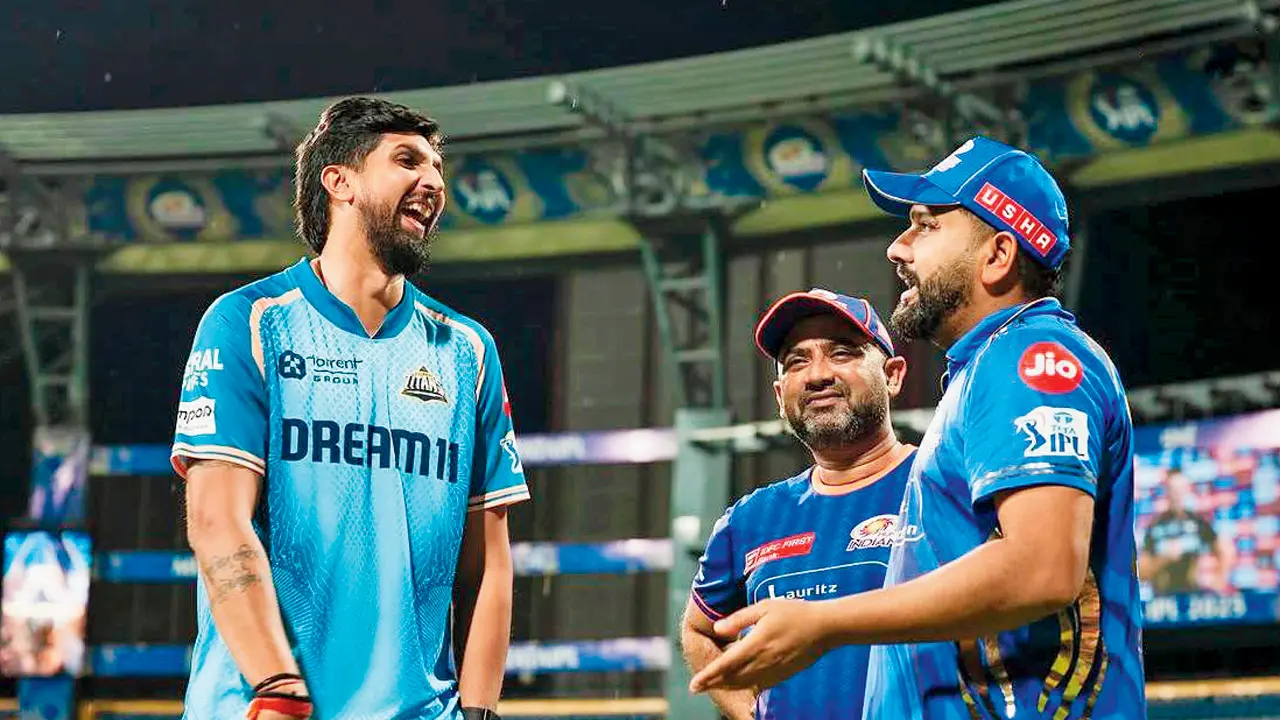[ad_1]

Franchise owners are known to be visionary billionaires — until it’s match day. Then they become the cricketing equivalent of astrology YouTubers. One top-tier owner reportedly changed captains mid-season because their Vaastu consultant said the letter ‘R’ brought bad luck. Another had the entire team wear mismatched socks for a knockout match because a pigeon pooped on the left-hand side of the stadium — a clearly divine omen of good fortune. Visits to shrines, colour changes in dressing rooms and clothing are also a part of the superstitious processes of a journey to the top.
“We’re not superstitious. We’re just… cricket-pilled,” said one franchise CEO.
Chaos at the auction
The player auction is where data science, gut feeling, captain-coach blue-eyed boy, and complete chaos form a holy trinity. Analysts crunch numbers, simulate performance curves, and yet someone always ends up buying a 41-year-old spinner for the GDP of Bhutan or a 12-turned-14 kid from the back alleys of Samastipur. A young bowler with three good overs in a domestic league?
$1.2 million.
A seasoned all-rounder with 200 international caps? Unsold. Because apparently, he “lacks that X-factor” — also known as a six-pack and a TikTok following.
“It’s not just about cricket. It’s about branding, marketability, and whether they can hold a ring light properly for Instagram reels,” said a franchise scout.
Being a franchise coach is like being a designated driver at a house party. You’re responsible, but nobody listens to you. When the team wins, it’s the captain’s brilliance. When they lose, the coach “didn’t motivate the boys enough” — even though motivation mostly comes from paychecks and post-match huddles of a chorus similar to “Vande Mataram” or “Franchisee ki jai.” Head coaches often look like they’re trapped in a philosophical crisis, especially after a loss. “We played well in parts,” they’ll say, referring to a two-over stretch when their team didn’t completely implode or “lots of positives to take away from this abysmal [read ordinary] performance.”
“I’m just here for the air conditioning and a chance to wear team merch unironically,” said one anonymous coach.
For franchises, winning isn’t just important — it’s a business model. Ticket sales, sponsorships, international expansion, and that crucial viral locker room dance video all depend on Ws.
Some teams even employ performance monks, sports psychologists, and at least one numerologist-astrologer-Vaastu specialist rolled into one or separate entities, who advised switching squad numbers to match the founding year of Atlantis. Still lost. Their KRAs are to win or then find solutions to win.
Memes on social media
For the fans though, victory means only one thing: maximum meme ammunition until the next match — when the same player is labelled either a demigod or a traffic cone.
Franchise cricket is a beautiful paradox. It’s where emotion is monetized, luck is strategised, and spreadsheets sit next to shamanic rituals. At its best or worst, it’s entertainment — especially when an owner blames Mercury retrograde for a slow over rate. And as one veteran player said after his two runs off nine balls in a Playoff game, “We play for the badge… and the bonuses.”
Cricket is witnessing a new era, where the ingredients are about reels rather than roles.
[ad_2]
Source link





